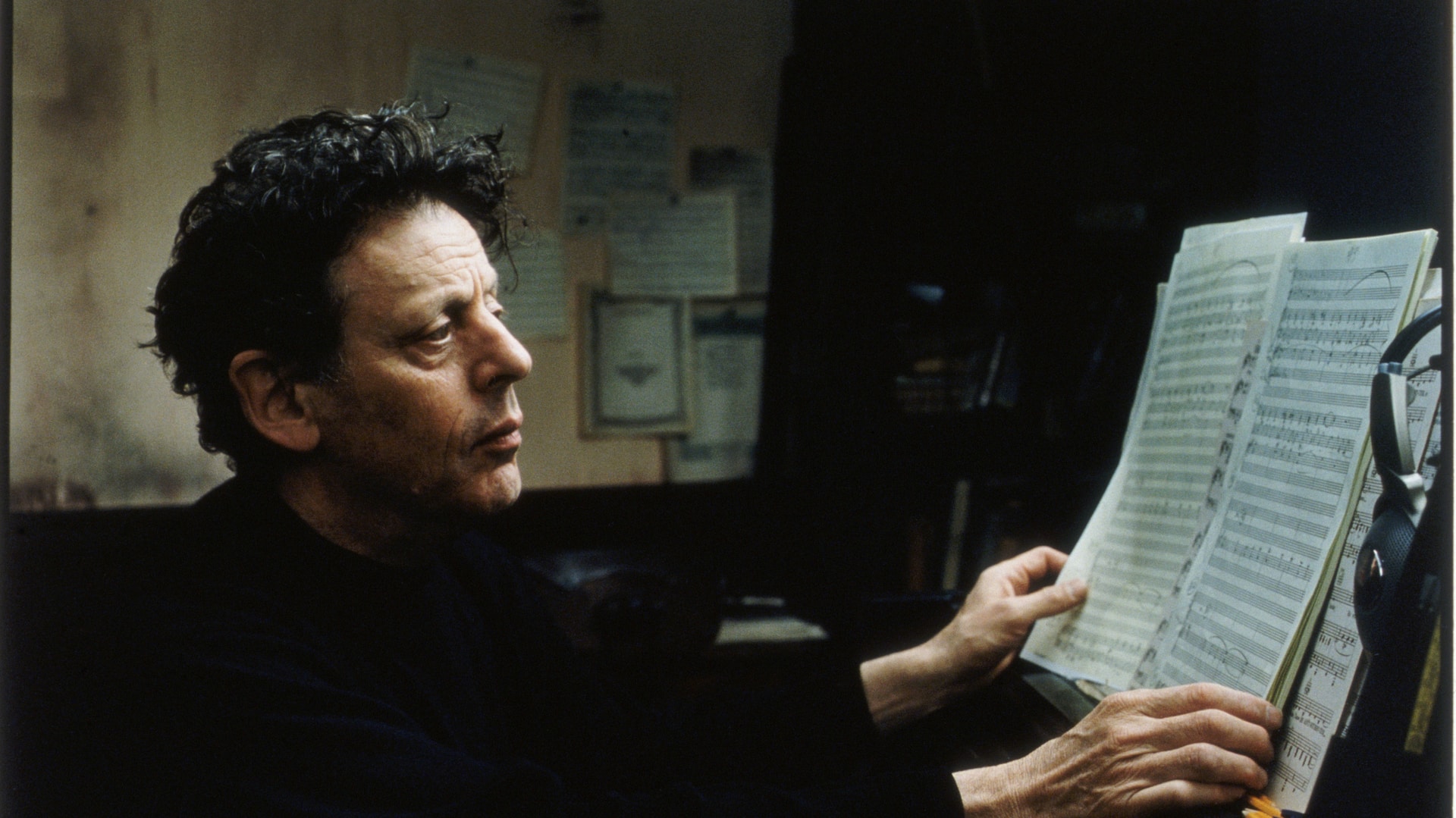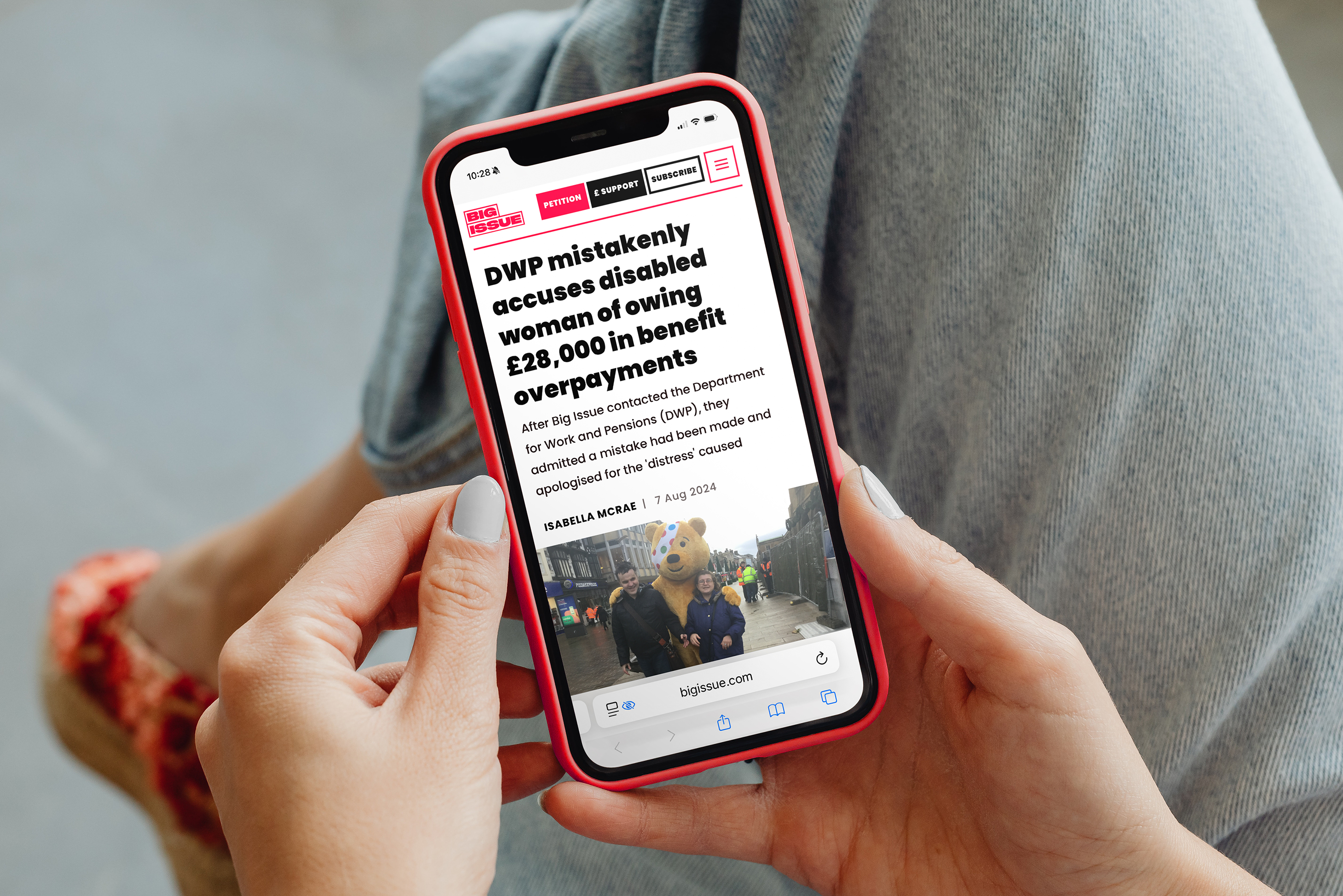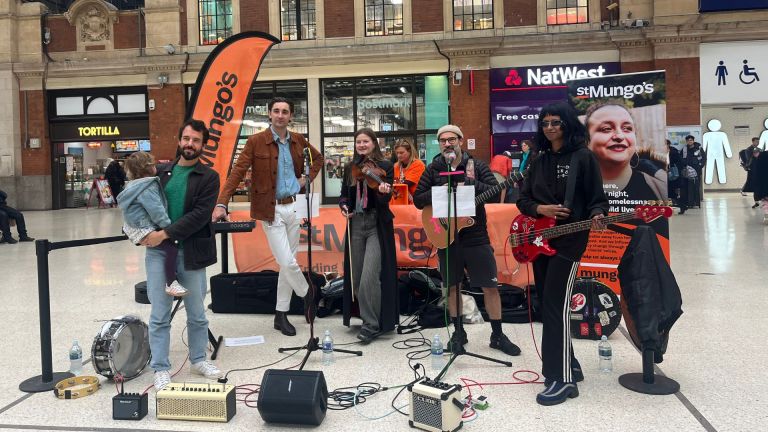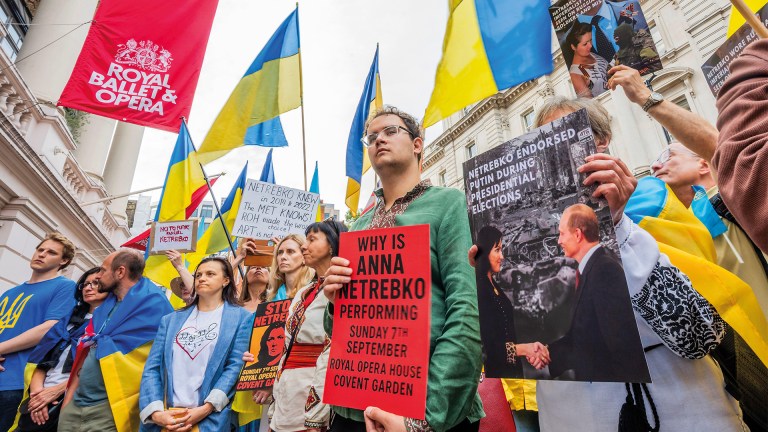By the time I was 16 I was going to the University of Chicago and I was starting to write music. [Glass entered university at 15 due to an accelerated college system]. It was a very good university but they didn’t have a good music department in those days. It was a very academic university. To further my interest in music I would go to the music library and copy out the scores and learn everything I could. Chicago was a great city for music – the jazz scene was very much alive then. I heard all kinds of people there, like Billie Holiday. And they had a very good symphony orchestra so I could go down and hear a new work by Bartók. It was a good place to be at that time.
My love of music started very young. There was always music in the house. My dad had a little music shop in Baltimore. In those days you didn’t have such a thing as a megastore. My dad’s store was like a candy shop. It was very small. He would bring the records home and we would listen to them, then he’d take them back to the shop. The old 78s. That was the only way to hear new music in those days. You didn’t hear it on the radio. So we heard all kinds of things, he listened to everything from jazz to symphonic to contemporary. When I came home for vacation I would work in the store and I became the buyer. I didn’t think of music in terms of genre, just in terms of good and bad. I think to this day, I have a very cosmic taste in music.
I was three years younger than everyone else at Chicago University. I was 15, they were at least 18. But the oldest kids kind of took care of me. My family were far away in Baltimore, they knew that. I had lots of friends, tonnes of friends. I could find them in the library, the cafeteria – they were all over the place. I had a lot of fun there. By the time I was 19 I had done all my academic studies (mathematics and philosophy) so I could go to Juilliard in New York and just study music.
When I went to Paris in my 20s [Glass won a scholarship to study with the esteemed composer/composition teacher Nadia Boulanger] we studied Bach and Mozart. Because the language of music took a big step at that time, it became a very powerful form. There isn’t any popular music that goes beyond the harmonies of classical music, they’re just not there. When I came back from Paris to New York – I was about 30 – I didn’t teach music. I was already writing. If I had to do commercial music, it didn’t take me much time. I gave myself a time limit of two hours in fact. So I could make a living writing commercial music [including TV ads and cues for Sesame Street] while I was also writing an opera, music for a film or a piece of theatre. I had a command of the language due to my training.
There isn’t any popular music that goes beyond the harmonies of classical music
My younger self wouldn’t be surprised that I don’t go out a lot. Though he was more outgoing than I am now. But even when I was younger, I didn’t go to a lot of parties. I realised if I stayed out too late I couldn’t work the next morning. I remember when I came to London in the Nineties there was a lot of house music. The problem with the house music scene is they didn’t get going until one in the morning and I preferred to be asleep by then. But I stayed up and went to listen – it was the only way to hear the music. I had lots of fun doing that, and I worked with all kinds of people, doing arrangements for people like S’Express. But now my work time is so important to me. And I have lots of children and I like to spend time with them. I need to get to bed early – around midnight – then I get up around 6am and I work all day. I’m not seen much outside of my house.





